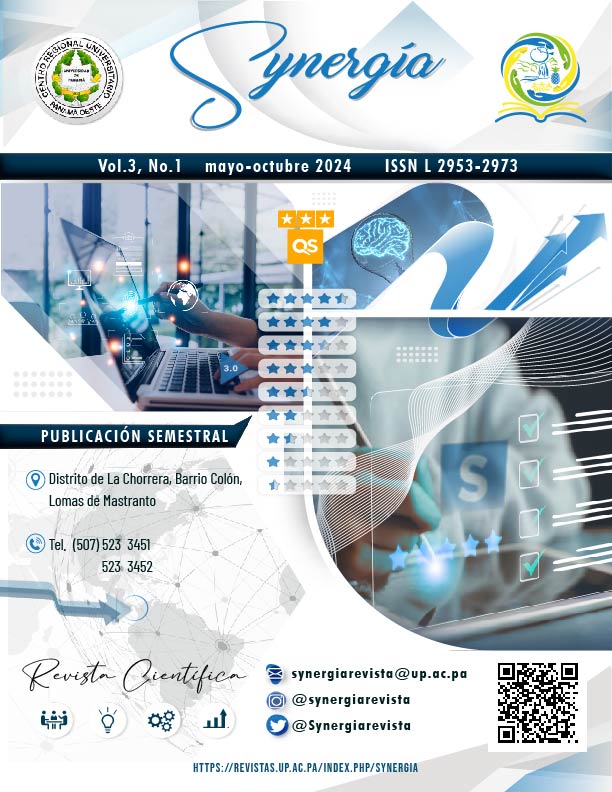

Copyright (c) 2024 Synergía

This work is licensed under a Creative Commons Attribution-NonCommercial-ShareAlike 4.0 International License.
This academic analysis explores the application of Artificial Intelligence (AI) in teaching English as a second language and its impact on educational processes. With the continuous development of AI, numerous tools and methodologies based on advanced technologies are emerging that transform the modalities of teaching and language learning. This study reviews recent innovations in the field, such as intelligent tutoring platforms, interactive chatbots, voice recognition systems, and automatic translation tools. Significant advantages that AI offers in linguistic education are discussed, including personalized learning, provision of instant feedback, and broader, more flexible access. Despite these benefits, critical challenges such as inherent cultural biases and the reduction of human interactions are identified. The study also considers the future potential of AI in English teaching, providing recommendations for its effective implementation in educational contexts. In conclusion, the article offers a comprehensive view of the use of AI in English education, highlighting both its strengths and the areas that require further research and refinement.